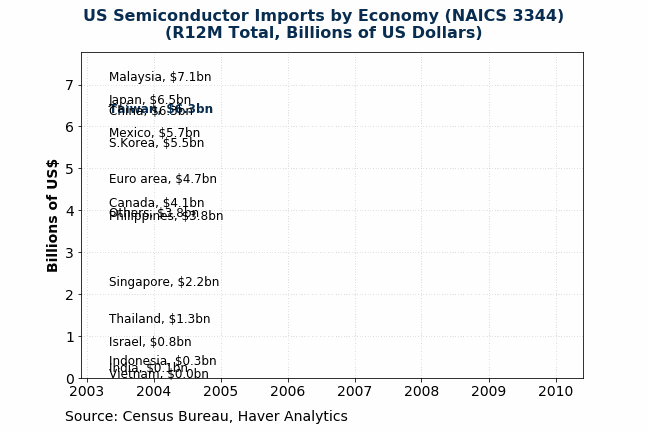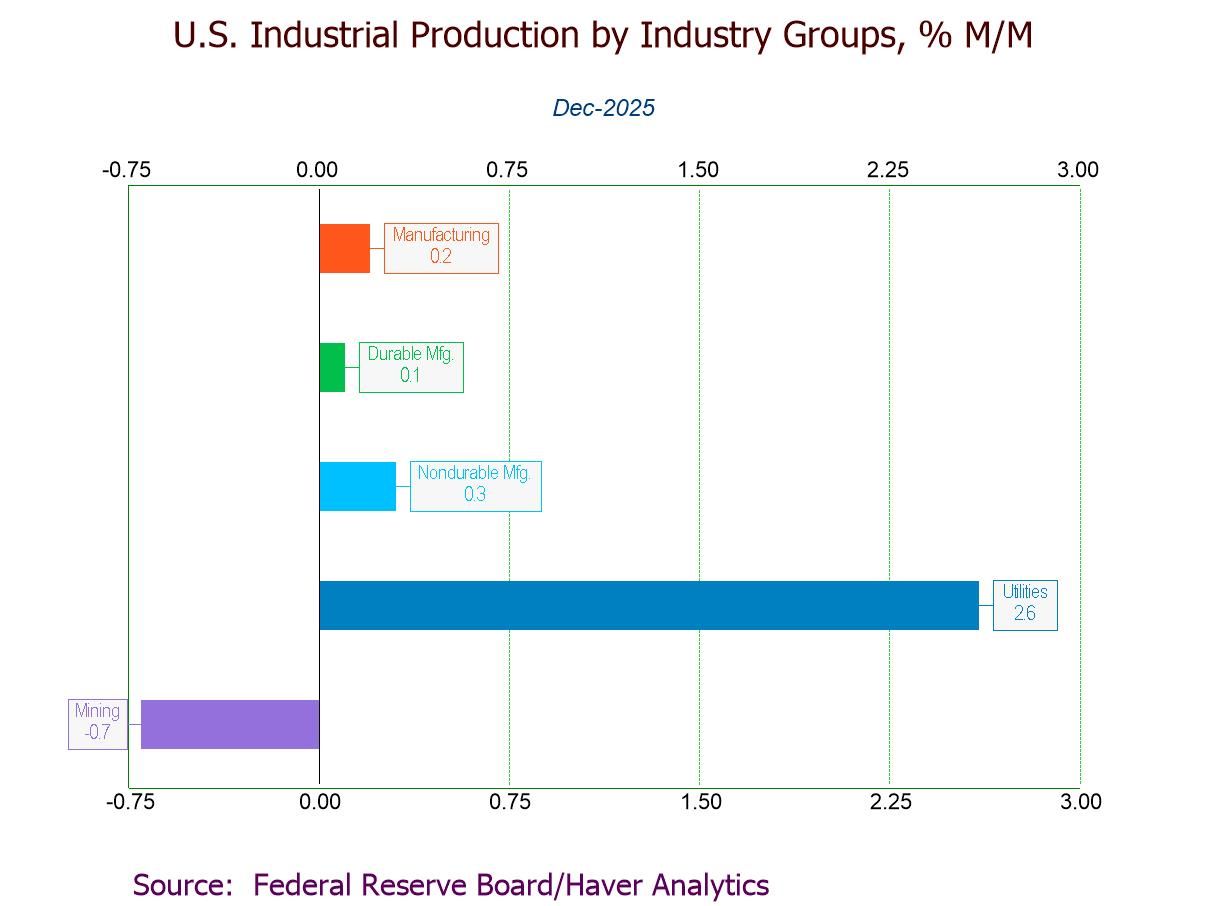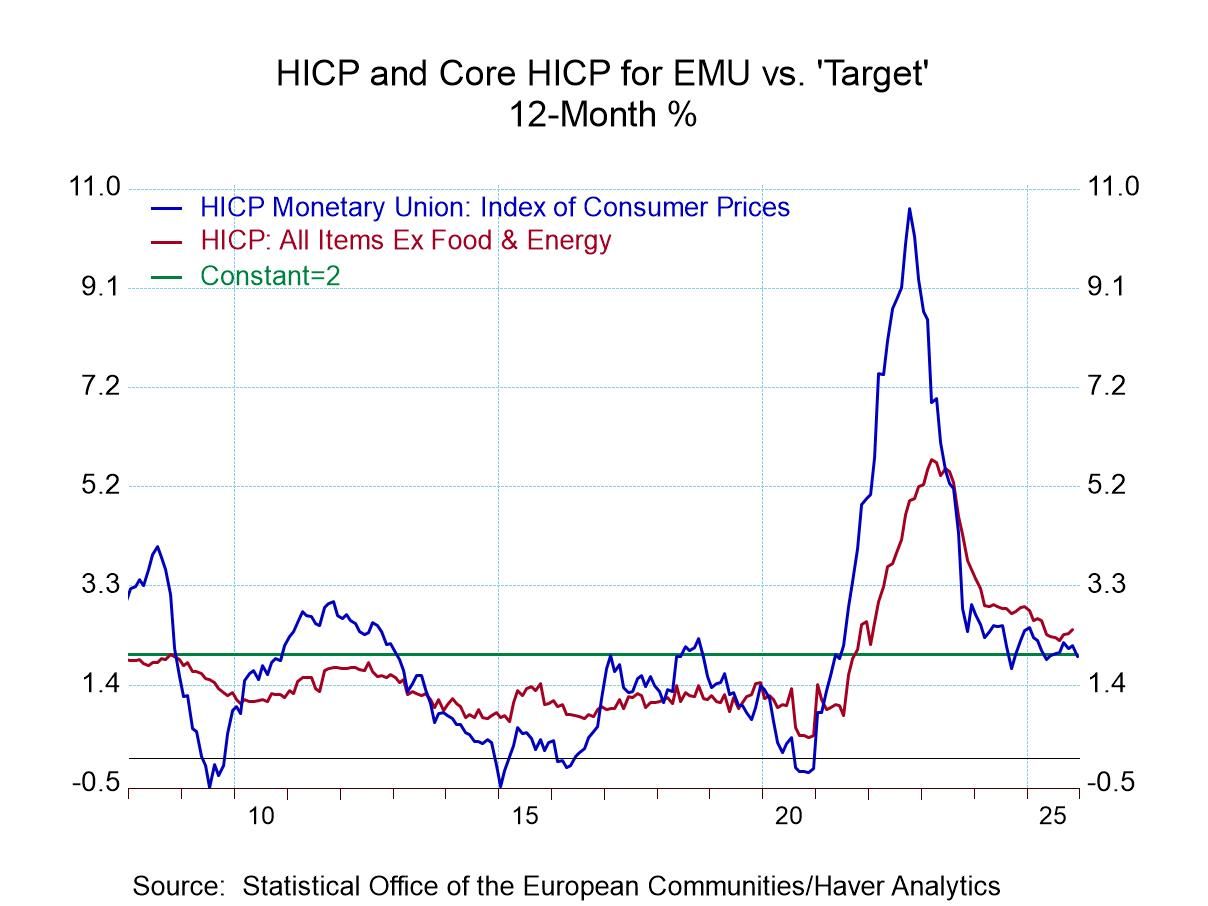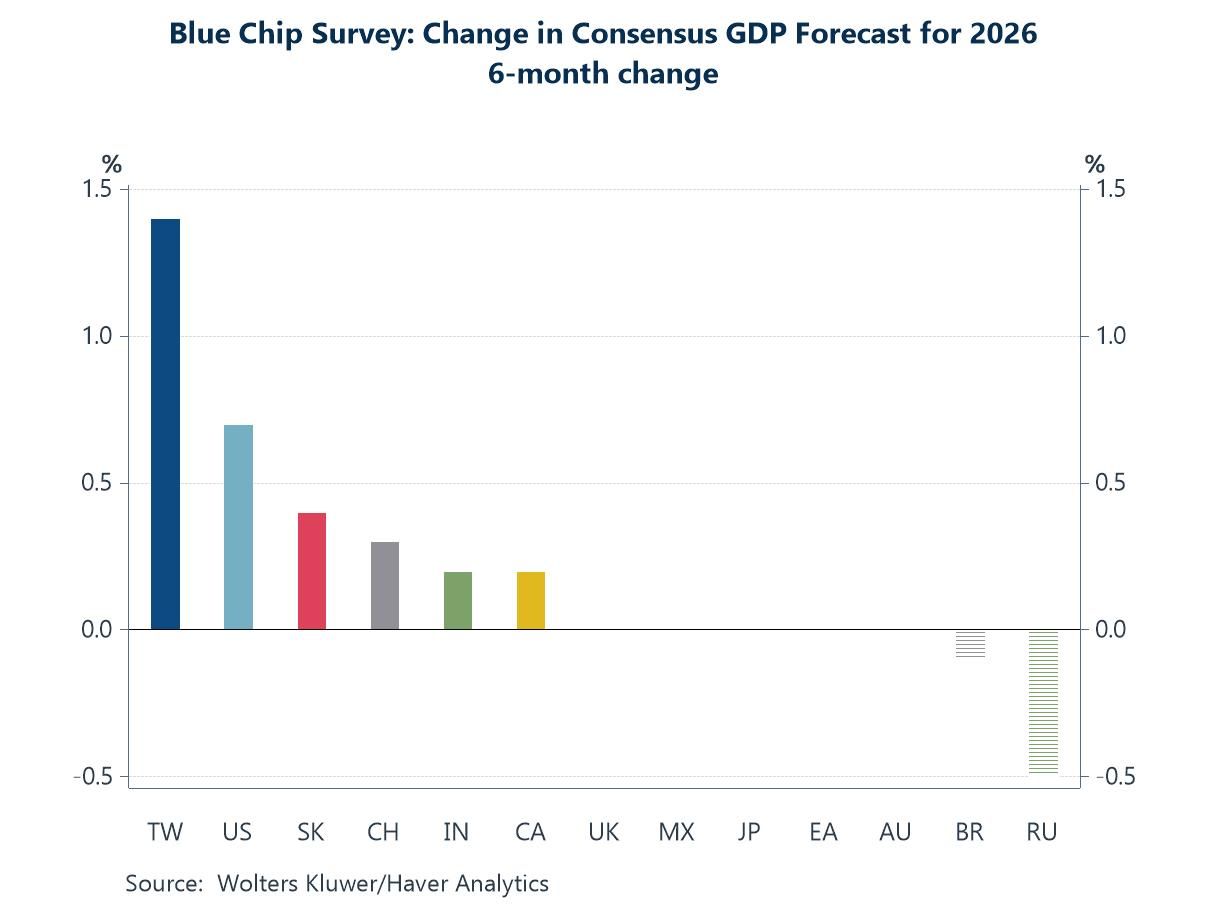 Global| Sep 23 2010
Global| Sep 23 2010Flash PMIs Flash Warning Signals...I Sink Therefore I am...(In Trouble?)
Summary
That sinking feeling Atlantans may have had...Europe is not a lost continent but it may be losing its growth. Indeed, Europe's flash-PMIs were weak enough to sink the euro upon their release and end its period of rising strongly Vs [...]
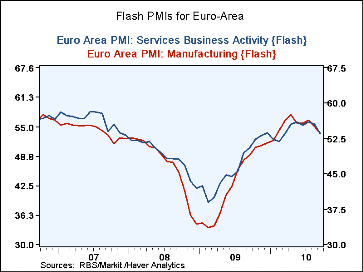 That sinking feeling Atlantans may have had...Europe is not a lost continent but it may be losing its growth.
Indeed, Europe's flash-PMIs were weak enough to sink the euro upon their release and end its period of rising strongly
Vs the dollar.
That sinking feeling Atlantans may have had...Europe is not a lost continent but it may be losing its growth.
Indeed, Europe's flash-PMIs were weak enough to sink the euro upon their release and end its period of rising strongly
Vs the dollar.
Fx is Fx is Fx -- While there may be worries about Fed policy and its impact on the dollar there are now worries about European growth and that feeds back to the euro. It's a reminder that exchange rates (Fx) are about relative variables. Sell the dollar on perceptions of 'bad' Fed policy then sell the Euro on perceptions of 'bad' economic performance. And that, by the way, means buying the dollar back despite that same bad (but now 'historic') Fed policy 'gaff'.
In the currency markets it's always something.
Tepid readings strong drops - The European PMIs were very weak and were weaker than expected to boot. Each of these monthly drops ranks in the top four percent of their respective historic ranges in terms of the size of the monthly drop measured in index points.
Mercury level is moderate, the barometer is falling - The levels of the index readings are not strong. The MFG PMI stands in the 68th percentile of its range 32 percentage points from the top of its range. The Services PMI is weaker still standing below the mid point of its range in the 47th percentile.
Wimpy replaces robust - These are not the kind of blockbuster numbers you expect from an economy surging into a mature stage of its recovery. So scratch the notion that such a thing might be in train despite that past, strong, German GDP report. As it surprised us with some stronger than expected readings as Greece was troubled and rescue packages were being arranged for other needy euro-members, the German economy seemed to firing on all cylinders. Granted a lot of that growth was from overseas sources and was export led. Now Germany seems to have fallen back to the land of reality.
Austerity for the starving - Germany is cutting its borrowing plans for later this year because it is making budget progress. But that bit of good news has probably cost Germany something in the way of growth, which is an increasingly scarce commodity these days. This is a particularly odd time for governments to have decided to deal with longer term budget issues- right in the middle of an economic recovery that has refused to gather much momentum. But that is our reality and we were pushed their by the ill-timed Greek financial troubles.
When too much is not enough - The Markit PMI readings remind us that this is a recovery that is getting away from no one. Central banks have done so much but they have not yet 'overdone' it. The Fed and the BOE are on the very verge of doing more. It could be the first time in history when 'too much' was 'not enough.' Many think central banks have overstepped their mandates for market intrusion, even in a crisis. This view is a particularly strong among some in the US who are critical of the Fed. Yet, despite all that has been done in terms of the breadth of action as well as the depth (in terms of the volume of Q- easing, for example) it has not been enough to spur a real recovery that prompts hiring.
Growth still holds sway - Still, it is a recovery that is still in train. But there is little here to allow other nations to piggyback their own growth needs upon. Developing economies are not going to find very receptive export markets for their goods. We can't yet tell if the US and China will finally come to blows over their foreign exchange rate differences. But if they do there will be blood and fall-out enough for other economies to share.
What we forecasted if not wished for...For the time being we are finally getting what had been expected, a European slowdown. It's not clear how slow it will get to be. The two PMI measures are descriptive rather than predictive barometers but they are the most topical readings we have. They are still above the level of 50, showing expansion, but each is below its respective mean and the services PMI is below the mid-point of its range of values. The month's drop was severe for both indicators, which makes us wonder how much more slowing there is to come. With fiscal drag replacing fiscal stimulus this slowdown could have legs.
| FLASH Readings | ||
|---|---|---|
| Markit PMIs For The Euro-Area | ||
| MFG | Services | |
| Sep-10 | 53.60 | 53.56 |
| Aug-10 | 55.10 | 55.88 |
| Jul-10 | 56.69 | 55.78 |
| Jun-10 | 55.64 | 55.51 |
| Segment Averages | ||
| 3-Mo | 55.81 | 55.05 |
| 6-Mo | 56.25 | 55.35 |
| 12-Mo | 53.91 | 54.11 |
| 144-Mo Range | ||
| High | 60.47 | 62.36 |
| Low | 33.55 | 39.24 |
| % Range | 74.5% | 61.9% |
| Range: | 26.92 | 23.12 |
| AVERAGE | 51.32 | 53.72 |
| Rank Stand | 65.8% | 47.9% |
Robert Brusca
AuthorMore in Author Profile »Robert A. Brusca is Chief Economist of Fact and Opinion Economics, a consulting firm he founded in Manhattan. He has been an economist on Wall Street for over 25 years. He has visited central banking and large institutional clients in over 30 countries in his career as an economist. Mr. Brusca was a Divisional Research Chief at the Federal Reserve Bank of NY (Chief of the International Financial markets Division), a Fed Watcher at Irving Trust and Chief Economist at Nikko Securities International. He is widely quoted and appears in various media. Mr. Brusca holds an MA and Ph.D. in economics from Michigan State University and a BA in Economics from the University of Michigan. His research pursues his strong interests in non aligned policy economics as well as international economics. FAO Economics’ research targets investors to assist them in making better investment decisions in stocks, bonds and in a variety of international assets. The company does not manage money and has no conflicts in giving economic advice.



